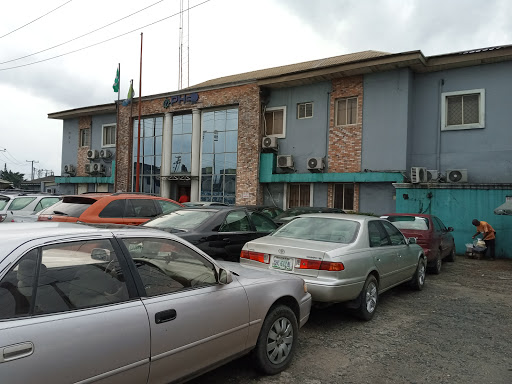Niger Delta
Fire Guts Electricity Transmission Station In Calabar

Parts of Calabar in Cross River have been thrown into darkness as one of the transformers servicing the capital city at the 132/33 KV Sub-Station in Tinapa, Adiabo area was gutted by fire.
Following the incident, the whole of Atimbo in Calabar Municipality, State Housing Estate and IBB Way were in darkness.
The incident occurred on Saturday when workmen were working on the transformer.
The fire, which took several hours to put out, saw the equipment still billowing with smoke on Sunday morning.
Although, the cause of the fire was yet to be ascertained, a witness in the neighborhood, Mr Johnson Okon, said they first heard an explosion and later balls of fire burning at the station.
“We just heard the sound and saw fire; we all ran out and many people were shouting but we could do nothing; we don’t know what caused the fire,” he said.
A security man at the sub-station who pleaded anonymity, however, said no live was lost in the incident.
“They were actually working on the transformer when it caught fire and thank God nobody died or got injured in the process,” he stated.
When contacted, Mr Collins Igwe, the Regional Manager of the Port Harcourt Electricity Distribution Company (PHEDC), expressed shock and said he would visit the facility to assess the extent of damage.
“I have heard about the fire outbreak. It is shocking, nobody is sure about the cause.
“I am on my way to assess the extent of damage; we will look at how soon we can restore power to the parts of town affected,” he said.
Niger Delta
Stakeholders In Delta Seek Stronger GBV Action, Women’s Leadership

Niger Delta
C’River Suspends Taskforce Activities Over Drivers’ Protest

Niger Delta
A’Ibom Assembly Urges More Private Investments In Agriculture

-
Politics3 days ago
2027: NIGERIANS FAULT INEC ON DIGITAL MEMBERSHIP REGISTER DIRECTIVE
-

 Environment3 days ago
Environment3 days agoLAWMA Director Says Sweeping Reforms Have Improved Waste Collection
-
Politics3 days ago
LP Crisis: Ex-NWC Member Dumps Dumps Abure Faction
-

 Politics3 days ago
Politics3 days agoUmahi Dismisses Allegations On Social Media, Insists On Projects Delivery
-

 Sports3 days ago
Sports3 days agoAbia Not Sure To Secure continental Ticket
-
Sports3 days ago
La Liga: Yamal Records First Career Hat-trick
-
Politics3 days ago
NATASHA ELECTRIC VEHICLES INITIATIVE IN KOGI CENTRAL
-
Politics3 days ago
IT’S A LIE, G-5 GOVS DIDN’T WIN ELECTION FOR TINUBU – SOWUNMI

